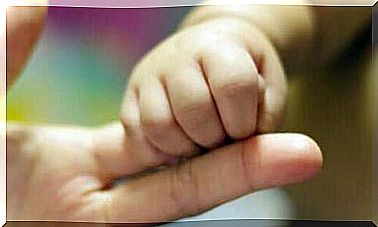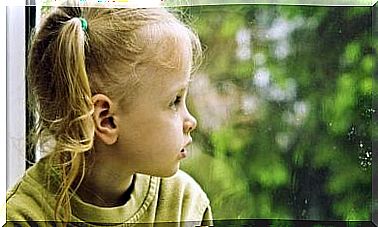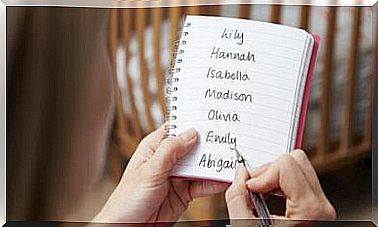Is Depriving Children Of Recess At School Legal? – Being Parents
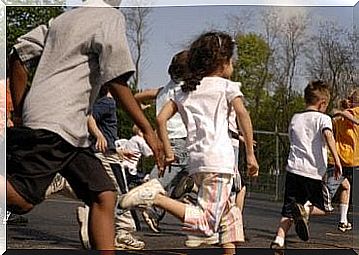
In many schools, if not in almost all, it is a common practice to punish children for recess, or to reduce it. This is for the following reason: behaving badly, not having finished his homework, not knowing the lesson, chatting in class or having forgotten his notebook at home.
Some teachers even take recess time away from students who need to use the bathroom during school hours. Recreation is a right for all children. It is also a necessity from the point of view of their physical and emotional health. And yet, punishment without recreation is still common.
Here are some things to help you understand why children should not be deprived of recess.
Recreation: a child’s right
Article 24 of the Universal Declaration of Human Rights states: “ Everyone has the right to rest and leisure, and in particular to a reasonable limitation of working hours and to periodic holidays with pay ”. This includes, of course, children, who also have the right to rest and a reasonable limitation of their working time.
The “work” day for children aged 3 to 12 is approximately 5 hours. There are even some who eat at school or who stay for extracurricular activities, so this day can last up to 9 hours. Without a doubt, this is a very long time for them.
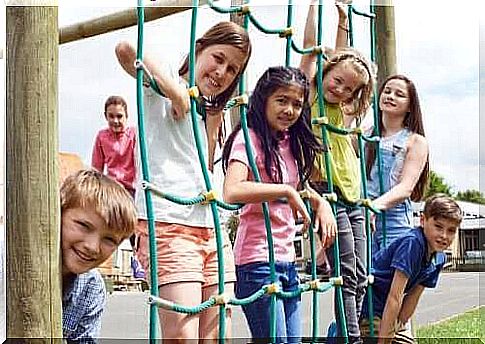
During this day, a 30 minute break was established in the middle of the morning. This is called recess. This moment of recreation and play is a right that children have.
This right is enshrined in article 31 of the Convention on the Rights of the Child : “ States Parties recognize the right of children to rest and leisure, to engage in play and recreational activities appropriate to their age and to participate freely in cultural and artistic life. “.
Punishment without recess is an abuse of power by the teacher or school. School breaks are not the property of teachers; these are the rights of the child. No internal sanctioning regime of an educational center is superior to what is established by the Constitution or international conventions.
The benefits of rest and leisure for children
Recreation provides children with many mental, physical, emotional and social benefits. This moment of free play and unstructured activities is fundamental for the development and health of children. This small leisure space allows them to develop their social skills. It is also an opportunity to learn to share, to communicate, to solve problems. It is also a space in which they can release tension.
From a strictly academic point of view, recreation is also very important. To learn better, children need a break from processing information after a period of learning. It is as necessary as a math or language course.
Recreation is also necessary for recharging energy and for young children to be physically active. It contributes positively to the improvement of school results and children’s behavior. Likewise, this time of leisure and disconnection is particularly useful for children who have behavioral or learning problems. But also for those who suffer from Attention Deficit Hyperactivity Disorder (ADHD).
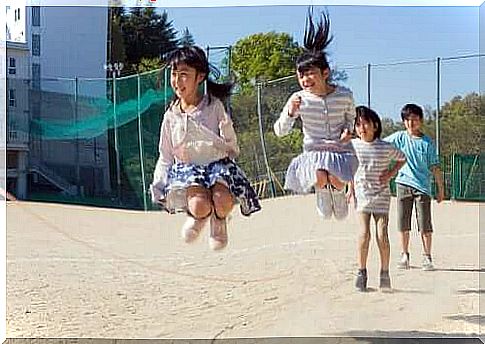
Why shouldn’t children be deprived of recess?
Playtime is a fundamental part of the development of younger children. It is an important moment of social interaction that children must have at school. It is an opportunity to rest from academic demands and a space for recreation, creative development, participation and physical activity.
For children, play is an essential activity that cannot be prohibited or ruled out. Schools should not use play time as a form of punishment. They should look for other methods to improve children’s behavior.
Parents should demand that their children’s rights be respected. This can be achieved by asking the school not to punish recess children. The school should use educational and non-coercive measures to correct any problem with children’s behavior. It is necessary to seek other solutions which do not include depriving them of their right to rest.
By being punished for recess, children also learn that they must submit to unfair situations. In front of them, the school shows them that they cannot give their opinion. They learn that their needs don’t matter and that they can’t change something they don’t think is right.

